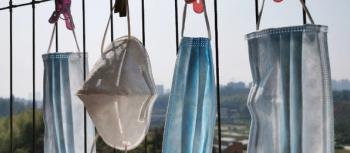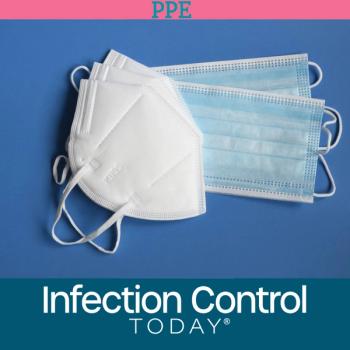
Nurses Suspended After Refusing to Work Without N95 Masks, but Hospital Now Accedes to Demands
National Nurses United and the California Nurses Association, declared victory because hospital administrators “announced that health care workers throughout the Providence system will be issued N95 respirator masks to wear when caring for COVID positive or potentially COVID positive patients…,” according to a press release issued by the unions.
The shortage of N95 respirators and other personal protective equipment (PPE) calls into question
Ten nurses at Santa Providence Saint John’s Health Center in Santa Monica, California, have been suspended for refusing to work without being given N95 respirators, the Associated Press
Mike Gulick, one of the nurses at the hospital, discovered last week that another nurse on his ward tested positive for SARS-CoV-2, the coronavirus that causes COVID-19.
“For Gulick, that was it,” the AP reports. “He and a handful of nurses told their managers they wouldn’t enter COVID-19 patient rooms without N95 masks.” They were suspended with pay and cannot return work until a completion of an investigation of the situation by the hospital’s human resources department.
However, the nurse unions, National Nurses United and the California Nurses Association,
In the press release, Chelsea Halmy, a medical-surgical RN who works on the COVID unit and is one of the suspended nurses, said that the hospital should have been doing this all along. “We are glad, but it’s upsetting that it had to come to this point and that our safety wasn’t their first priority. We still have so much more work to do.”
Meaning that Providence still requires that nurses wear the same N95 mask for an entire shift, and that means that nurses enter “rooms where patients are COVID positive and rooms where patients are potentially negative-increasing risks of cross contamination,” according to the press release.
Infection preventionist Linda Spaulding, RN, BC, CIC, CHEC, and a member of Infection Control Today®’s Editorial Advisory Board
Newsletter
Stay prepared and protected with Infection Control Today's newsletter, delivering essential updates, best practices, and expert insights for infection preventionists.




